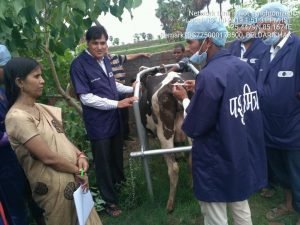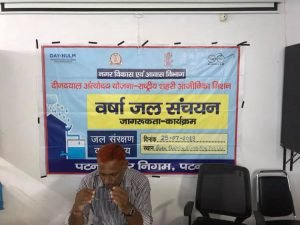About the Scope Foundation Mission
The enormity of the water scarcity can be gauged by the fact that the Union government recently formed a new Jal Shakti (water) ministry, which aims at tackling water issues with a holistic and integrated perspective on the subject. The ministry has announced an ambitious plan to provide piped water connections to every household in India by 2024.
Scope will collaborate in disseminating mass communication campaigns for a larger citizen’s action such as public meetings, workshops, symposiums, street plays etc. to create mass awareness about the water conservation and afforestation for brighter environmental future of the society.
Scope has designed a specialised project focused on the seriousness of the water crisis, methods of water conservation, rivers of India and the role models and success stories to establish that it is possible to bring change if all decisively act.
Objective
- sensitize and educate people across pan-India about conservation of water reservoirs
- present situation of depleting state of water , creating awareness to showcase the ground reality
- adopting steps to save water.
- series of activities and programmed on water conservation on multiple platforms including print, electronic and digital media with its millions of viewers.
- focus upon sensitizing towards providing solutions and the partnerships between stakeholders to mitigate the situations.
Problem Statement
While the entire urban India is in the grip of water scarcity, several cities in the country have been grappling to the extent of living the “Day Zero”, when all taps in the city go dry for a day. According to government reports, 12% of India’s population is already living the ‘Day Zero’ scenario and by the year 2022, major cities like Delhi, Bengaluru, Chennai, Hyderabad and others will reach zero ground water levels and denying over 100 million people access to drinking water as a consequence
About the Theme
India’s ‘worst water crisis in its history’ is only going to get worse’. There are various research reports and analyses to indicate that by 2030, the country’s water demand is projected to be twice the available supply. If not addressed, the water scarcity is also likely to affect the GDP of the country accounting for almost a 6% loss by 2050.
According to studies, approximately 2,00,000 people die every year due to inadequate access to clean water, which is “only going to get worse” as 21 cities are likely to run out of groundwater by 2022. Around 600 million people are already facing a severe water shortage, according to a government think tank. In the long term, the undersupply is likely to become more acute, as the demand increases with the 1.4 billion population growing at a rate of around 1%.
The situation remains alarming and it is unfair to leave it to the policy makers only, to address the situation. Some states like Gujarat, Madhya Pradesh and Andhra Pradesh have already taken situation in their hands and are doing a good job of managing their water resources in anticipation of the looming water crisis.






